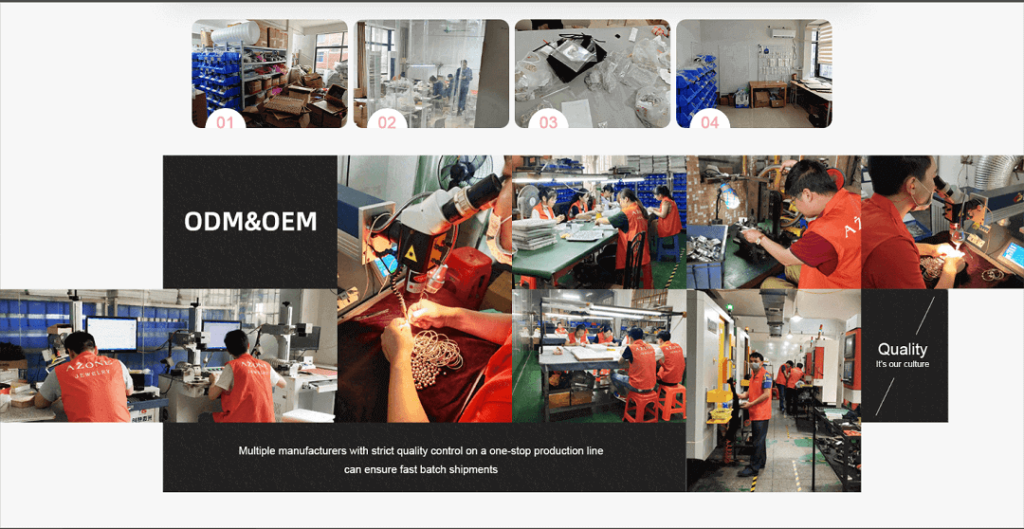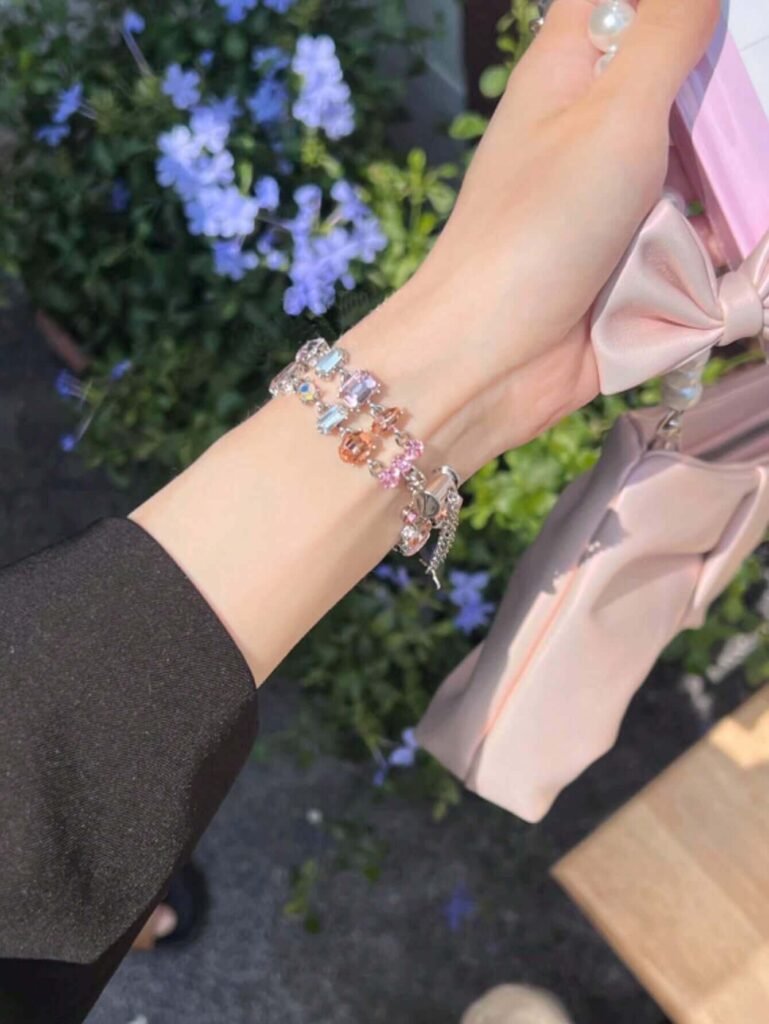I once came across a video on TikTok where the creator said something that stuck with me
“I don’t wear my Apple Watch to check the time — I wear it to match my outfit.”
At first, I smiled. But the more I thought about it, the more I realized how real that was.
Hi, I’m the product lead at Yusslab. We’ve been working on watch straps since 2015. Back then, the market was extremely competitive. Everyone was focused on more styles, cheaper prices, faster shipping, more marketplaces. We did Shopify. We did Amazon. We ran ads. Burned through over 3 million RMB in marketing spend — and still, it felt like we were going nowhere.
The question that haunted us was:
Were people really loving our products, or were they just tolerating us because we were cheap?
One day, a girl on our team came into the office wearing a cozy cream-colored sweater and one of our prototype straps — a soft milk-pink women’s Apple Watch band.
Someone immediately asked, “Where did you get that strap?”
That moment changed everything.
We realized the problem wasn’t the product category. It was that we hadn’t made anything that actually connected emotionally with people — especially women.

For many women, an Apple Watch strap isn’t just a tech accessory. It’s a part of their personal style. Just like a pair of earrings or a favorite lipstick shade, the right strap makes you feel “put together.”
The questions they’re asking aren’t:
Does it fit?
Is it durable?
They’re asking:
Does it match my outfit?
Is it cute?
Can I wear this to work and to brunch?
Will it look good in photos?
We started rethinking everything.
Why we stopped finding suppliers—and became one
Back then, we were still following the playbook: sourcing from Alibaba, negotiating MOQs, testing samples, uploading to Shopify and Amazon, running ads, testing creatives.
At that time, we looked for factories, negotiated prices, compared MOQs, and asked for samples on Alibaba, which was no different from what all sellers did. Then we went online on Shopify, advertised, went on TikTok, and shopped on Amazon, a typical “following the tutorial”.
The problem is that it can’t be sold at all. Even if there are some orders, the profit can’t withstand the advertising money.
Later, I slowly figured out a core logic:
It’s not rare to be able to make goods, but only the supply chain that can help you make a difference is worth long-term cooperation.
You will find that any factory can now give you low MOQ, fast proofing, and overseas warehouse delivery. These are not advantages, but “qualified lines”. It’s meaningless to compete with others for these.
So when we look at the issue of choosing a supply chain now, our thinking has completely changed.
It doesn’t matter who has the lowest price, but who can really cooperate with us – making differentiated products, content rhythm, and even future brand structure.
Sometimes you can’t win over others because you are working with “people who only know how to make goods” to do “creative” work.
we realized that almost every Apple Watch strap supplier could offer low MOQs, fast turnaround, overseas warehousing, and dropshipping. These weren’t differentiators anymore — they were just the baseline.
We didn’t just need a supplier.We needed full control.
So in 2019, we made a decision:
Instead of finding an Apple Watch strap factory, we would become one.
We started small — building a workshop, buying our own molds, training a small team. But most importantly, we brought design in-house.

Our goal was simple:To create Apple Watch straps for women that actually look like fashion accessories.
We hired color designers to match tones with seasonal fashion palettes. Even if we were still working with silicone, we wanted it to feel like something else — soft, elevated, wearable.
Some of our best-selling colors were born from that process:
Creamy Rose — the perfect match for soft knits and pastel outfits
Berry Milk — feminine, subtle, a touch of sweetness
Foggy Gray — clean minimalism for everyday office wear
Toffee Brown — rich and warm, ideal for fall/winter wardrobes



We didn’t just name colors.
We built entire style scenarios:
What would a woman wear on a first date?
What’s the perfect strap to go with a cream-colored blazer?
How do you create a strap that works with both sneakers and heels?
This wasn’t just product development — it was aesthetic strategy.
Building a women-focused Apple Watch strap brand — from the factory up
Was it easy? Definitely not.
We built our Apple Watch strap factory not just to produce, but to create.
We spent over 8 months prototyping before launching our first full batch. Late nights testing compatibility across Apple Watch series, ensuring secure connectors, soft-touch finishes, colorfastness.
We tested every shade on different skin tones.
This wasn’t just about inventory control — it was about unlocking the freedom to experiment, to iterate, to actually care about what we were making.
Now, years later, we’re able to offer something few can:
1 A fully in-house design and production model
2 True fast-response small batch manufacturing
3 Full creative collaboration — from color to content
4 Support for DTC sellers, Amazon sellers, Shopify brands
5 Custom packaging, model shoots, social content assets
The Ultimate Guide to Custom Apple Watch Bands
We’re helping turn Apple Watch bands for women into meaningful, wearable style statements.
So if you’re a brand or independent seller looking to break into the Apple Watch accessories niche — especially focused on female audiences — we’d love to work with you.
At Yusslab, we speak the language of both product and style.
We design, manufacture, and support every step of your growth — from trend research to final packaging.
DM us or visit our site to see our latest collections — and let’s build something beautiful together.